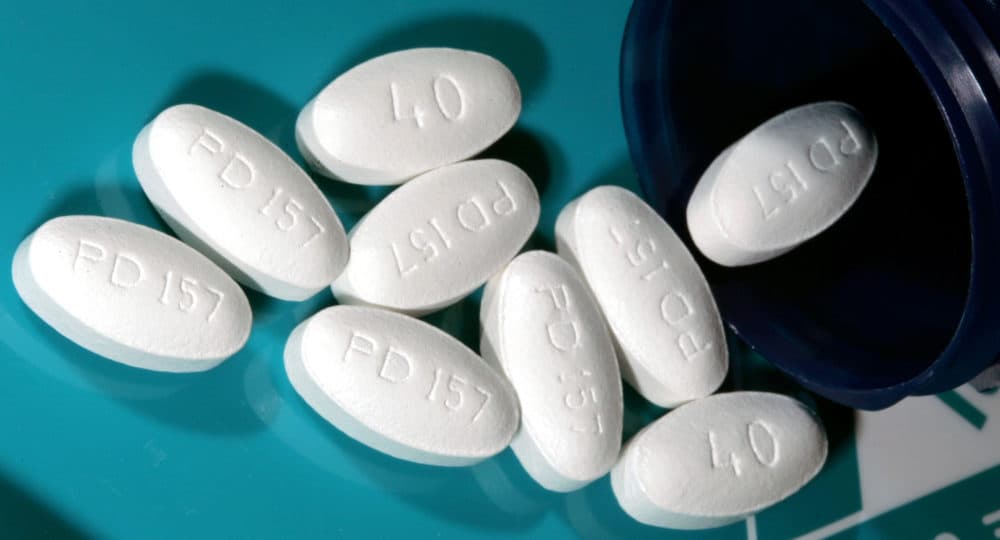Advertisement
Coronavirus Coverage
Common Heart Medications Do Not Increase COVID-19 Risks, Studies Say

Three separate studies have confirmed that coronavirus patients with heart disease do indeed have a higher risk of death — but found no association between the use of common cardiac drugs and a risk of contracting or dying from COVID-19. The research was published on May 1 in the New England Journal of Medicine.
Physicians and researchers have noticed that people with heart disease seem to be at higher risk for contracting COVID-19, and also at higher risk for dying from it. But scientists weren't sure if it was the underlying cardiovascular disease putting patients at risk, or the drugs they were taking to treat it.
One of the studies, led by Brigham and Women's cardiologist Dr. Mandeep Mehra, also found that two common cardiac drugs — statins and ACE inhibitors — were associated with a decreased risk of death in hospitalized COVID-19 patients, indicating a possible protective effect.
Mehra cautioned that the reports were observational studies, which can point out associations, but cannot prove cause and effect. However, the results were clear enough to draw some conclusions, he said.
"Heart disease patients should not be stopping any of their medications. That's pretty clear," said Mehra, executive director of the Brigham's Center for Advanced Heart Disease. "And for physicians, if a patient gets hospitalized, they should do everything they can to keep them on these medications."
Scientists — and patients — have been especially concerned about two common cardiac drugs, known as ACE inhibitors and ARBs, because of speculation that these drugs might make patients more susceptible to the novel coronavirus. The virus enters cells by attaching to a molecule called ACE2, like a key fitting in to a lock. Recent animal studies suggested that ACE inhibitors and ARBs might increase the number of ACE2 molecules on cells, giving the coronavirus more targets and a better chance of entry.
"When some of the information first came out a couple weeks ago about these drugs, there were a lot of phone calls to the office, people saying, 'I'm on these drugs, should I continue them, should I stop them, am I at risk?' " said Dr. Ami Bhatt, director of outpatient cardiology at Massachusetts General Hospital.
Advertisement
Bhatt, who was not affiliated with Mehra's study, said she had advised people not to make any changes to their heart medications, and is glad the new research has borne that decision out. But she cautioned against over-interpreting the protective effects of ACE inhibitors and statins seen in the study.
"They were associated with better survival, but that’s something we should really take very carefully," she said.
Dr. Omar Siddiqi, a cardiologist at Boston Medical Center and part of BMC's COVID-19 research team, said it's still too early to "assert that these medications protect against COVID."
"For that we need randomized studies ... and I think that's the next step," Siddiqi said.
Siddiqi noted that while doctors generally prescribe statins to help lower a patient's cholesterol, cardiologists have speculated that the drug may have other beneficial effects, like reducing inflammation or protecting the lining of blood vessels.
A recent study in The Lancet, co-authored by Mehra, described devastating damage to the blood vessels of three patients who died of COVID-19 — not just in their lungs, but in their hearts, kidneys, livers and other organs. He said he thinks these observations offer a promising avenue for research.
"When we think from this vantage point, you realize that this is not a respiratory illness alone," said Mehra. He said that finding ways to protect blood vessels may help patients with COVID-19, "and we need to urgently do clinical trials in that realm."
